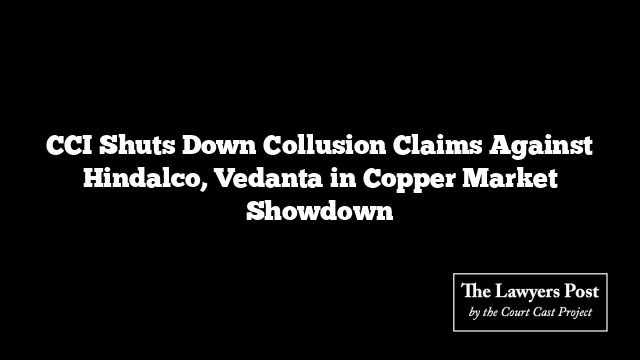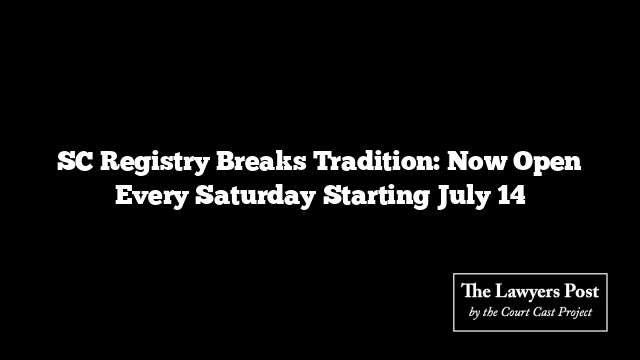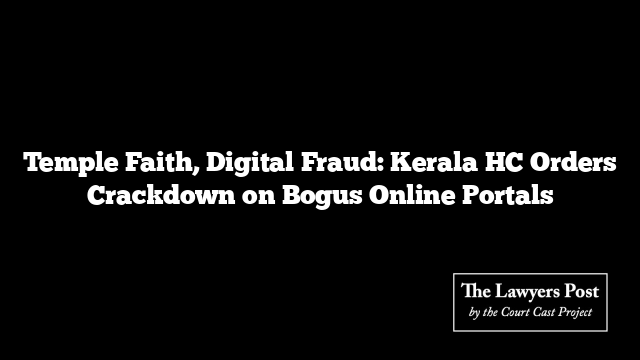In a market where molten metal and high-stakes contracts collide, the Competition Commission of India (CCI) has stepped back from the fire. A complaint accusing copper giants Hindalco and Vedanta of misusing their market muscle has been tossed out, with the regulator finding no breach of India’s competition laws.
Together, Hindalco and Vedanta command nearly three-quarters of the country’s refined copper supply. That dominance had raised eyebrows—and allegations. The complaint? That both companies, wielding near-duopoly power, allegedly imposed harsh contract terms, invoked bank guarantees mid-pandemic, and pushed buyers toward insolvency.
But the CCI didn’t bite.
The informants, copper buyers themselves, claimed they were strong-armed into opaque pricing deals pegged to the ever-fluctuating London Metal Exchange. Orders, they said, came with hidden hedging costs, strict delivery deadlines, and an ironclad clause allowing the suppliers to sell off the booked copper if deadlines weren’t met.
When COVID-19 hit and lockdowns froze operations, the buyers couldn’t lift over 1,000 metric tonnes of copper. Their suppliers, citing contract terms, pulled the plug and cashed in bank guarantees worth ₹50.35 crore. That, the buyers claimed, sent them spiraling into insolvency.
But the Commission held firm. First, it noted that Indian competition law doesn’t recognize “collective dominance.” Even if two firms control the majority share, unless one is found to be dominant on its own, joint behavior isn’t punishable under current law.
Next, CCI dug into the correspondence—emails that revealed Hindalco gave the buyer multiple opportunities to retrieve the material. Silence met every request. Only then did the company sell the copper elsewhere.
As for the contentious terms—the right to de-price material and impose carry-forward charges—the Commission ruled them standard in a commodity market known for its volatility. The risk, it said, cuts both ways.
“The buyer who has not followed agreed terms and conditions of the contract,” CCI observed, “cannot take advantage of its own default.”
On the premature bank guarantee invocation, the Commission saw no antitrust angle. That, it said, was a matter best left to civil courts and contract law—not a competition watchdog.
The verdict? No foul play, no abuse of dominance, and no cause for antitrust action. The copper market remains molten—but, for now, legally intact.





